Can We Overcome the Climate Crisis?
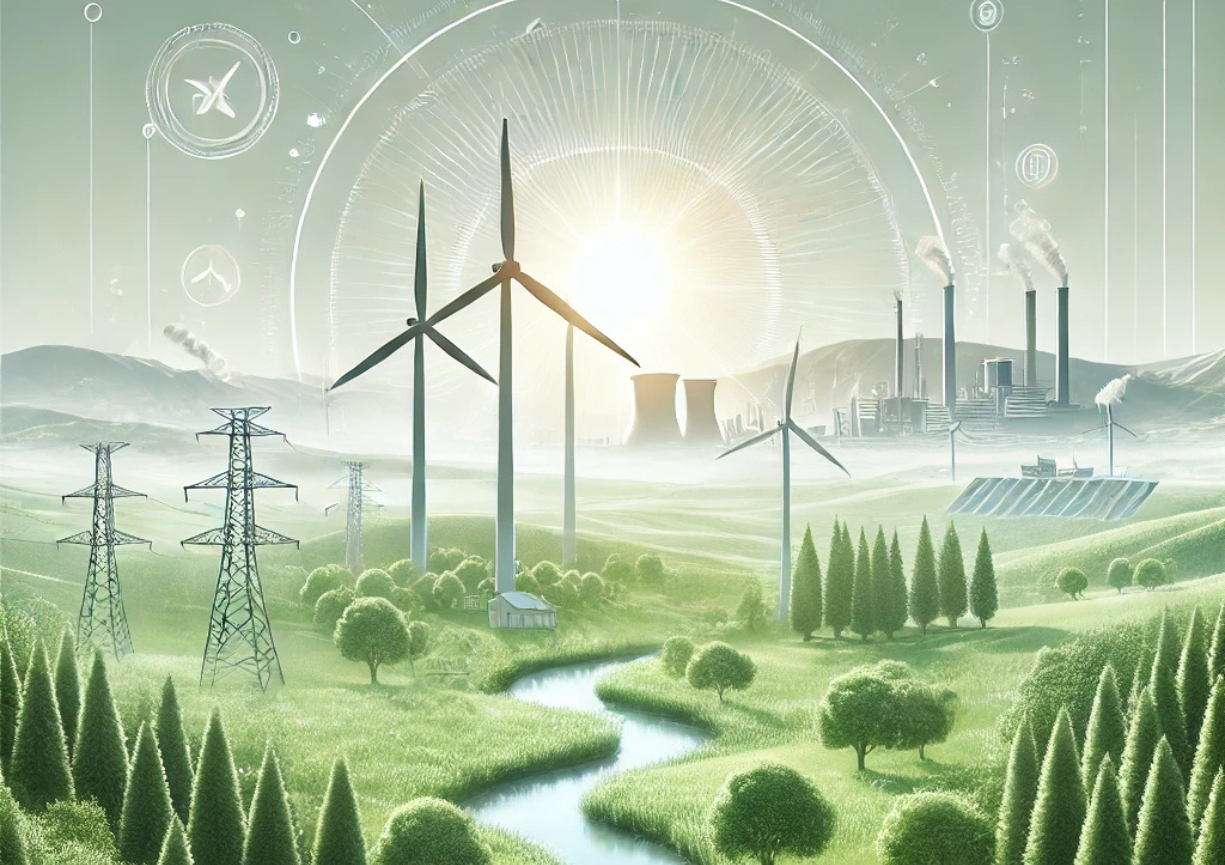
As climate change intensifies, its effects are becoming more widespread and alarming. Ocean warming leads to deoxygenation, sea-level rise, and acidification, threatening marine life and the millions of people who depend on the ocean. Extreme weather events, like record-breaking European heatwaves, are becoming more frequent, driven by human activity.
Human interference with Earth's nitrogen balance is another major issue. Nitrogen is vital for agriculture, but when used excessively, it disrupts biodiversity and soil health. This highlights the broader environmental impacts of industrial and agricultural practices.
Heavy industry accounts for 40% of global greenhouse gas emissions, driven by the production of carbon-intensive materials like cement, steel, and chemicals. Decarbonizing these sectors is critical for reducing global emissions, requiring innovation, investment, and international cooperation.
The IPCC emphasizes that even small increases in global temperatures lead to greater risks of extreme weather, biodiversity loss, and rising sea levels. Immediate action is critical, not just to meet international climate targets, but to avoid irreversible damage to Earth's ecosystems.
Agriculture is a significant contributor to greenhouse gas emissions, especially methane from livestock and deforestation for farming. Transitioning to sustainable farming practices, plant-based diets, and reducing food waste are key steps in lowering the climate impact of food production.
Transportation is another major contributor to climate change, especially through emissions from gasoline and diesel-powered vehicles. Electric vehicles (EVs) produce significantly lower emissions over their lifecycles compared to gasoline cars. The shift to EVs, combined with renewable energy sources like solar and wind, is essential for a low-carbon future.
Scientists warn that critical planetary tipping points, such as polar ice melt and deforestation, may already be crossed. These changes could accelerate climate impacts, making it harder to mitigate the effects. Protecting ecosystems, like forests and coral reefs, and reducing emissions are crucial to preventing further destabilization of Earth's climate systems.
- IPCC Report 2023: Comprehensive reports on climate science and mitigation strategies.
- NOAA Climate Change News: Updates on ocean health and global climate research.
- United Nations Climate Change: Information on international climate agreements and actions.
- Union of Concerned Scientists - EV Emissions Tool: Compare emissions between electric vehicles and gasoline-powered cars.
- EPA Industrial Decarbonization: Guidelines and research on reducing industrial greenhouse gas emissions.
Climate change presents significant challenges, but with innovation, policy changes, and global cooperation, humanity can rise to the occasion. Decarbonizing industries, shifting to renewable energy, transforming food systems, and reducing emissions globally are essential steps to overcoming the climate crisis.

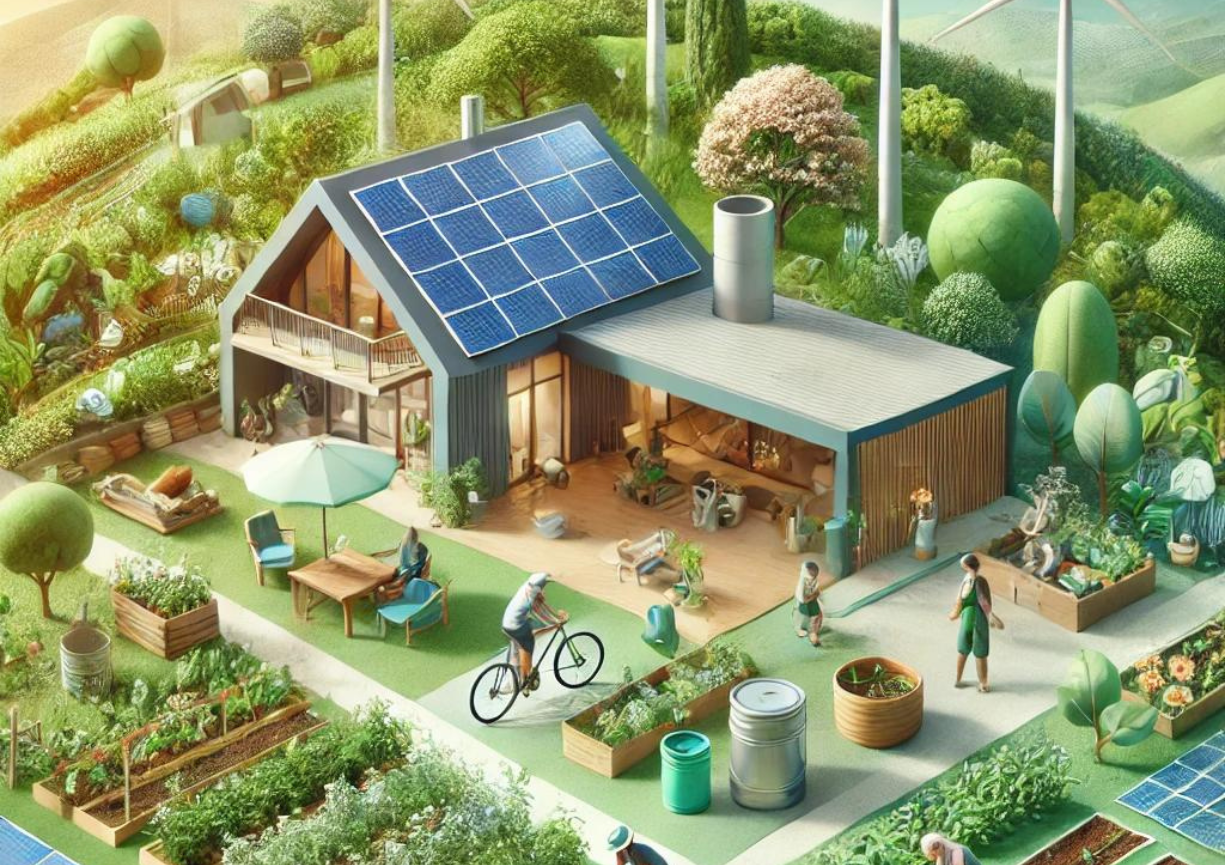
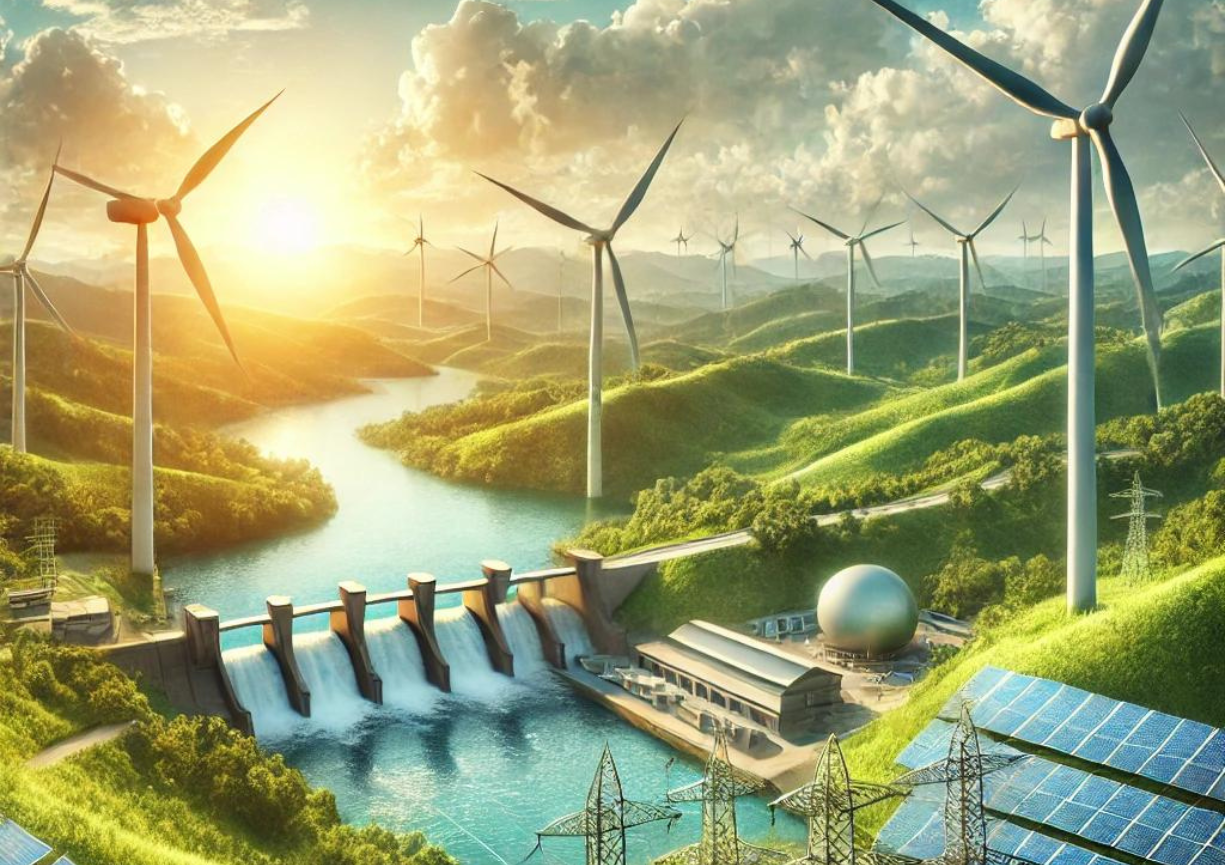
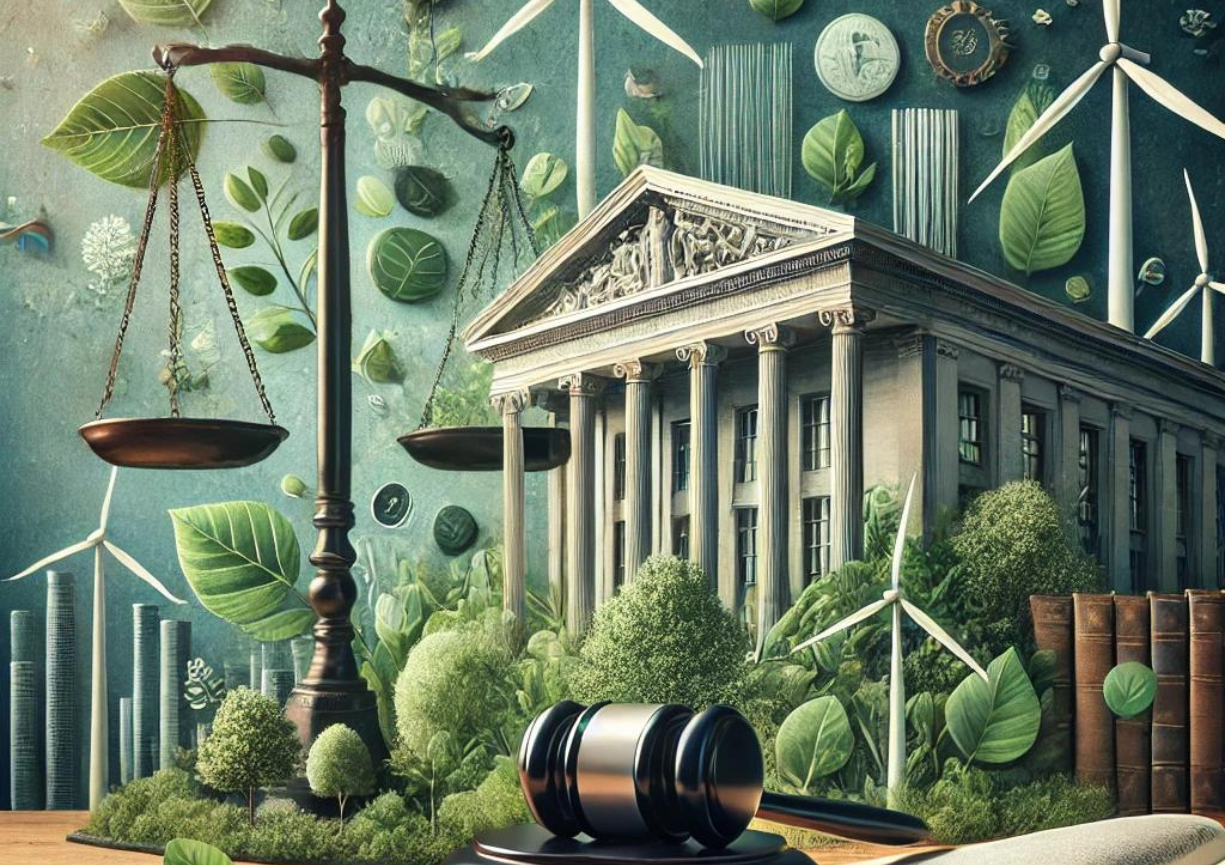
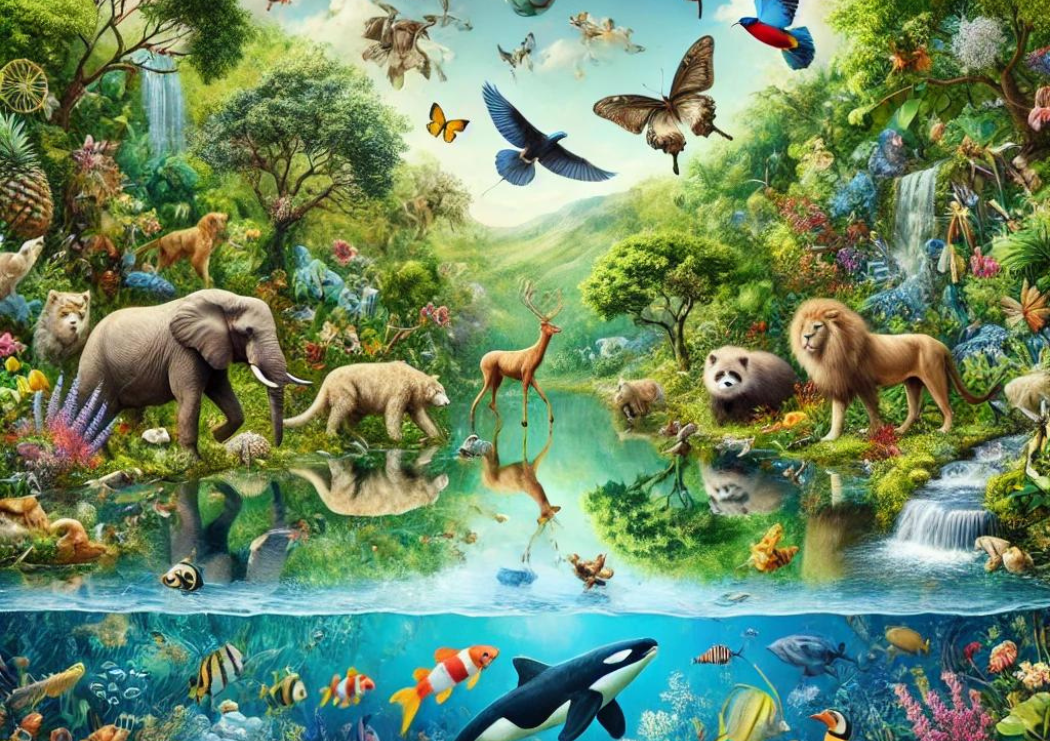
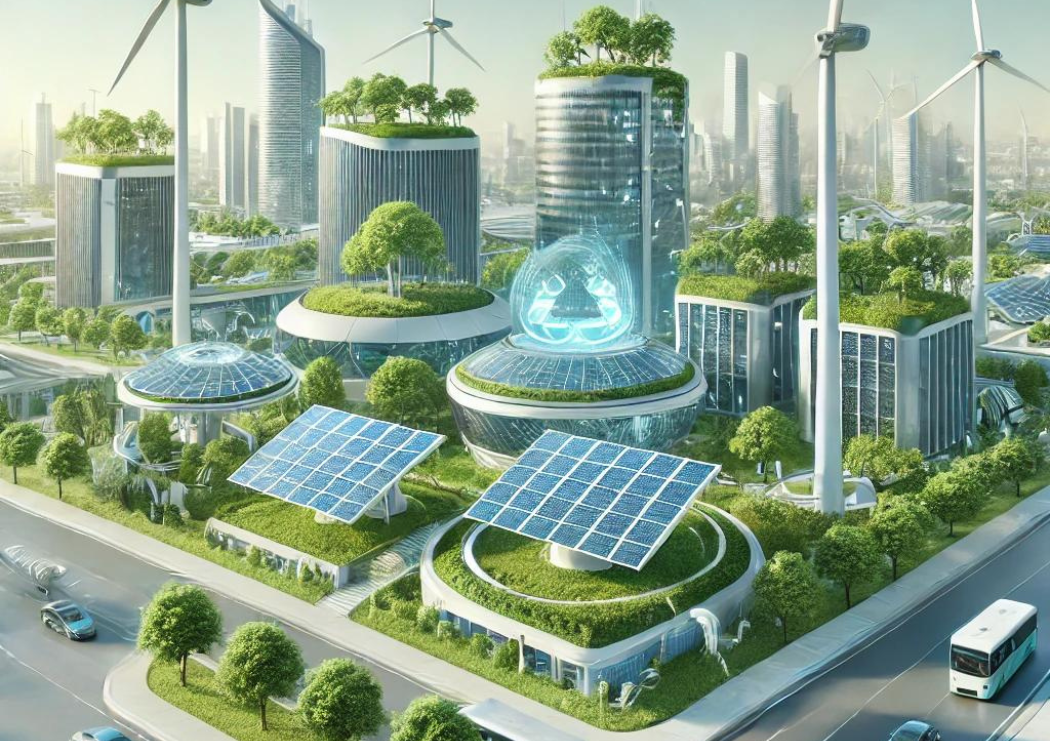
Leave a comment